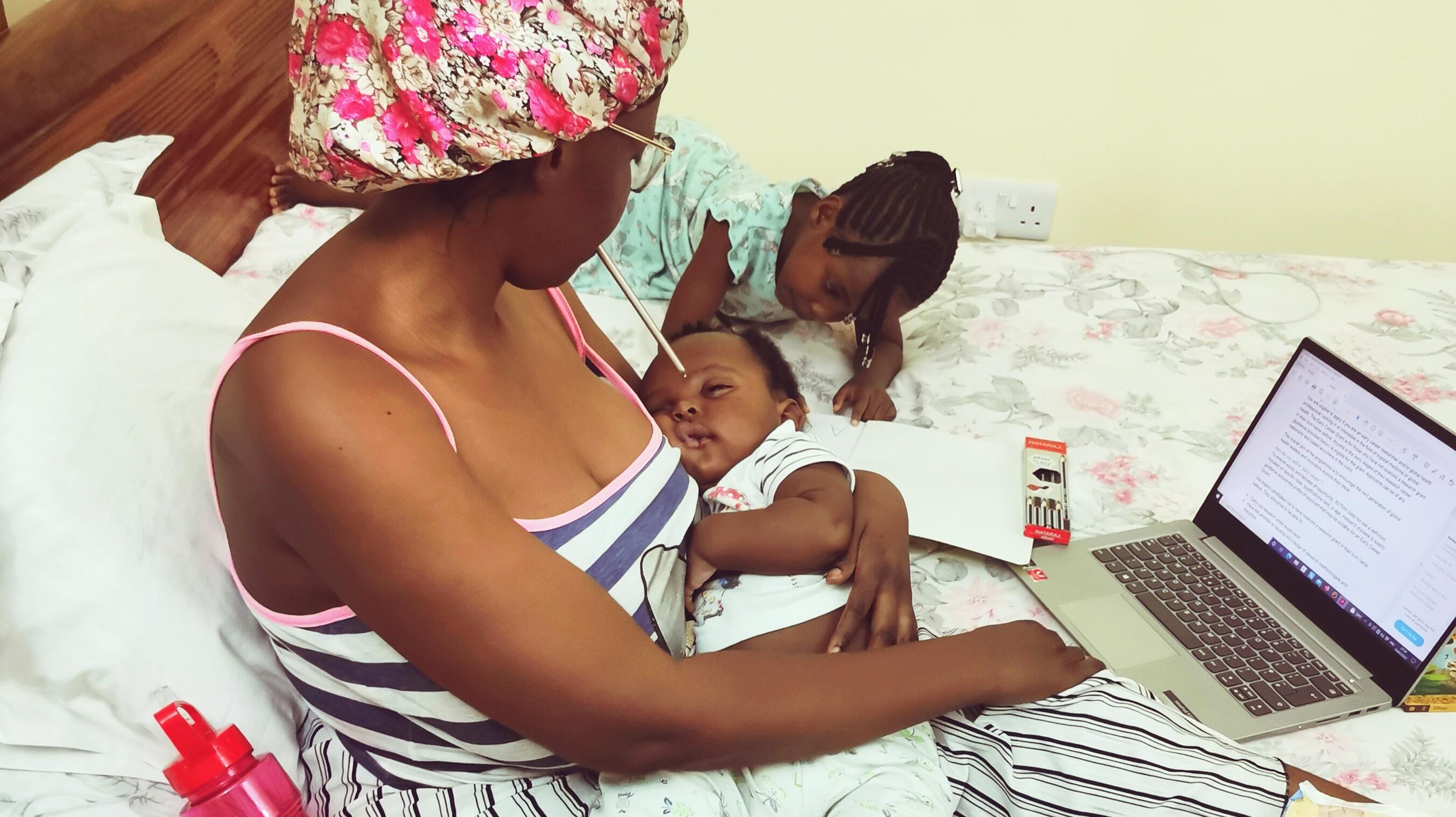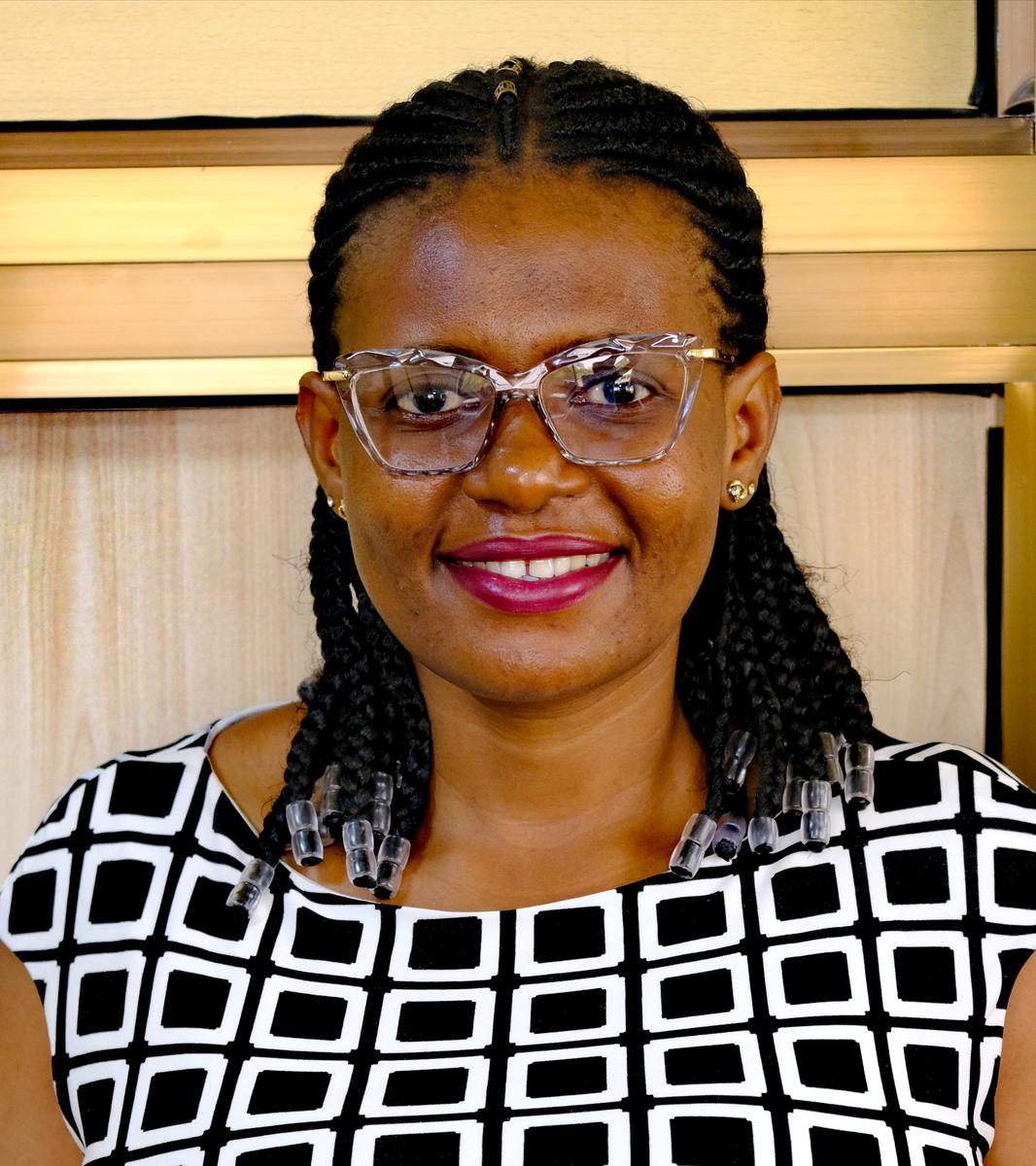
Women make up a mere 30% of the work force in research and development in sub-Saharan Africa according to a recent study by UNESCO. They are paid less than their male counterparts, publish less and progress much slower in their careers.

As a female researcher working in the field, I am not surprised by these numbers. I know first hand the glass ceiling women have to shatter to succeed in male dominated work spaces.
The cultural and societal barriers that dictates the position of a woman as a care giver and support system to the man and refuses to see her as anything more is one factor that affects women massively. As a woman you are supposed to support the man and his ambitions and take care of the family. There is usually no space for you to dream or aspire to be something more. All your dreams supposedly came true the moment you got married and built a family. Even when you have a career, you are expected to work at a level that will in no way make you unavailable for your basic roles at home. This balance is very hard to achieve as a female researcher. You need to put in a lot of hours in the job and sometimes travel in country and abroad for studies, fellowships, conferences and meetings. Hence, it’s a no brainer that women tend to progress slower in their research careers.
There are questions I constantly ask myself that I am positive men do not even think about. Whenever an opportunity that aligns with my career goals comes up, I ask myself, “is this the right time to pursue it?”. It takes several years; “shouldn’t I wait until I finish having babies to do this?”. “Aren’t my children too small for me to pursue this?”. Fortunately, I never have to ask myself “How would my spouse feel if I aspire to attain a higher degree than him? Would he feel undermined?”, but for many women, it’s their reality. Men can just go for opportunities once they see them and never have to second guess themselves.
To deal with this situation, I think one step in the right direction would be creating friendlier workplaces for junior female researchers, empowering them to be more assertive like their male counterparts. I have been quite lucky to work with the Respond Africa partnership where I feel seen and heard, and key values such as equal pay and equal opportunities are respected and adhered to. I am a proud recipient of a 2019 Masters scholarship at the London School of Hygiene and Tropical Medicine which has hugely improved my career prospects as a junior researcher. The ability to interact and be mentored by very proficient senior scientists from Liverpool, Uganda and Tanzania has been key to my development. One area of growth for the partnership would be adding career guidance to junior researchers and mentorship programs, where female research leaders’ mentor young female researchers in their field. Also, creating more opportunities for career advancement with family-friendly packages and flexibility to attract and support those women with children and caring responsibilities.
Not to sound clichéd but if you empower a young female researcher today, you have empowered several generations of women and the future of a nation. Our daughters (and sons) would be able to look at us and see that it is possible to break the sociocultural barriers and to be successful. Our daughters can be more than a mother and wife if they want to. They are capable to succeed in science subjects, build wonderful careers and become leaders in their chosen field.
Dr Faith Aikaeli is a Clinical Research Coordinator at NIMR, Tanzania. She currently coordinates the INTE-COMM study which aims to find out the feasibility and effectiveness of integrated chronic disease care at Community settings.
She is a mother of two and lives with her husband and children in Dar es Salaam, Tanzania.
With support from the Respond-Africa partnership and NIHR funding, she completed a MSc in Epidemiology at London School of Hygiene & Tropical Medicine. She holds a Doctor of medicine degree from Muhimbili University of Health, Tanzania.